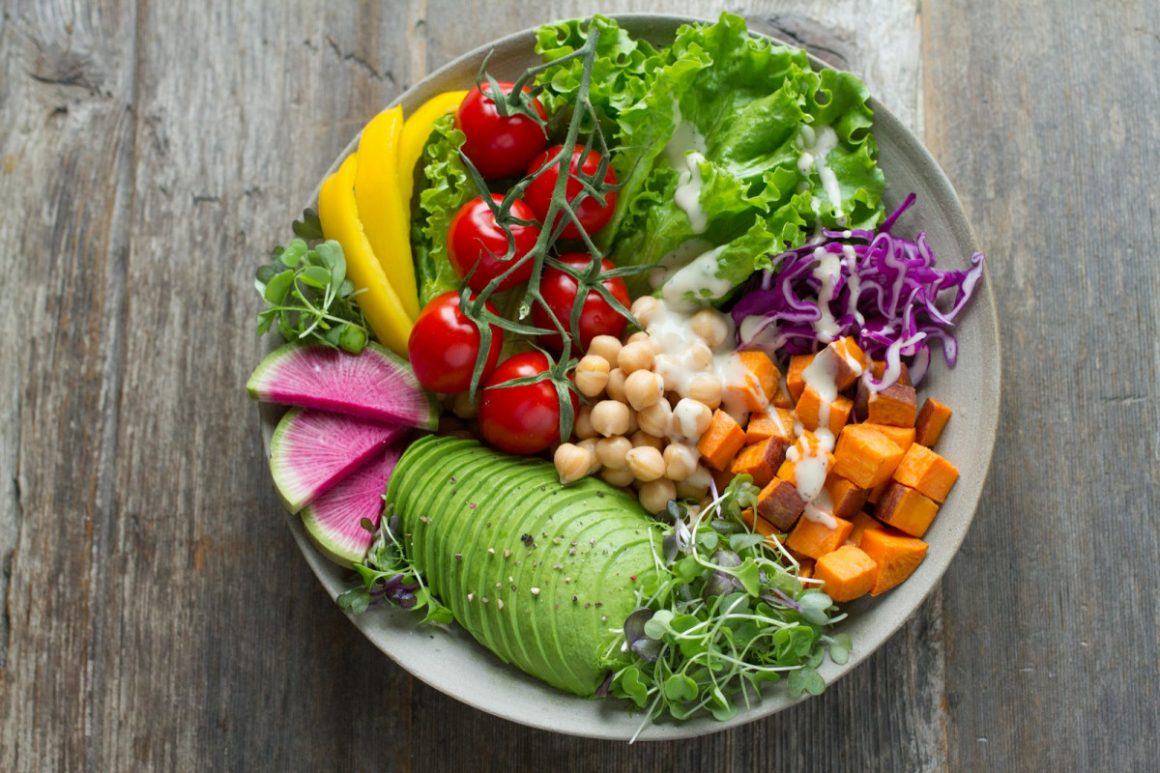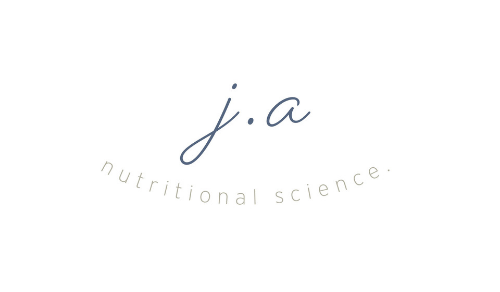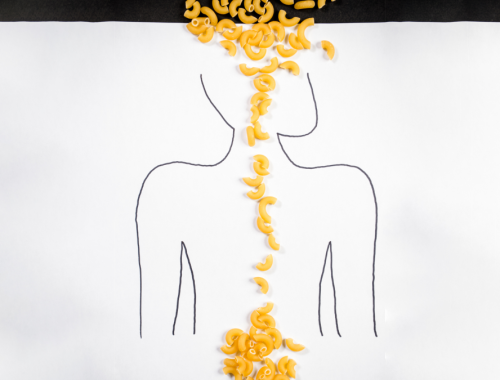
Eating to Heal: Anti-Inflammatory Nutrition for PTSD and Trauma Recovery
When it comes to trauma recovery, we often think of therapy, medication, or mindfulness. But what if your plate could help too?
For veterans, first responders, and anyone living with Post Traumatic Stress or the lingering effects of trauma, food is more than fuel — it’s medicine. Science is now revealing how chronic stress and trauma can lead to ongoing inflammation in the body, and how anti-inflammatory nutrition can support mental health from the inside out.
What Is Inflammation — and Why Does It Matter?
Inflammation is a natural defence mechanism in your body. When you’re injured or fighting infection, your immune system triggers inflammation to help with healing. But when inflammation becomes chronic, it can cause long-term harm — especially to the brain and nervous system.
Chronic inflammation is now linked to many modern conditions including heart disease, autoimmune disorders, depression, and PTSD. Elevated levels of inflammatory markers like C-reactive protein (CRP) and interleukin-6 (IL-6) are frequently seen in individuals living with post-traumatic stress.
The Link Between Inflammation and Mental Health
If you’re feeling tired, foggy, low in mood, or anxious — there may be more than just stress at play.
People with PTSD often show higher levels of inflammation in the body. This affects neurotransmitters like serotonin and dopamine, which regulate mood, focus, and motivation. Chronic inflammation can also disrupt the gut microbiome — where much of your immune and nervous system health begins.
🧠 In short: inflammation affects the brain, gut, and mood — three vital systems involved in trauma recovery.
A 2015 review in The Lancet Psychiatry found that individuals with PTSD had significantly higher levels of inflammatory markers such as IL-6 and TNF-α (Passos et al., 2015).
How Nutrition Can Calm the Fire
The Western diet — high in processed foods, refined sugar, and inflammatory fats — fuels inflammation, disrupts the gut microbiome, and impairs mental wellbeing.
On the other hand, an anti-inflammatory diet helps reduce oxidative stress, supports gut health, and promotes healthy brain function. And one of the most researched and beneficial models for this is the Mediterranean Diet.
Why the Mediterranean Diet Supports Trauma Recovery
The Mediterranean Diet is based on whole foods that naturally calm inflammation and support the nervous system. It includes:
- 🐟 Fatty fish rich in omega-3s (e.g. salmon, sardines, mackerel)
- 🫒 Extra virgin olive oil
- 🥬 Leafy greens and colourful vegetables
- 🌰 Nuts, seeds, legumes
- 🌾 Whole grains and fermented foods
- 🌿 Fresh herbs, garlic, and spices
This diet has been shown to significantly reduce depression symptoms and may also help people with PTSD manage symptoms more effectively.
In the 2017 SMILES trial, participants with major depression saw significantly greater improvement when adopting a Mediterranean-style diet, compared to a control group receiving social support (Jacka et al., 2017).
5 Simple Ways to Start Eating to Heal
Here are a few practical tips you can implement today:
- Eat the rainbow. Include colourful fruits and veggies at every meal.
- Swap oils. Use extra virgin olive oil, avocado oil, coconut oil, instead of seed oils.
- Include fish. Try to eat fatty fish 2–3 times a week.
- Choose whole foods. Reduce highly processed products.
- Support your gut. Add in yoghurt, kefir, sauerkraut, kimchi, or other fermented foods.
Healing is Holistic
Nutrition isn’t a cure-all — but it’s a foundational piece of trauma recovery. When paired with therapy, movement, mindfulness, and community, the food you eat can support energy, better sleep, clearer thinking, and reduced inflammation.
Ready to Begin?
If you’re looking for personalised support or want to learn more about how anti-inflammatory nutrition can help with PTSD or trauma recovery, book a consultation or explore my wellbeing programs here.
References
- Jacka, F. N., et al. (2017). A randomised controlled trial of dietary improvement for adults with major depression (the SMILES trial). BMC Medicine, 15(1), 23.
- Passos, I. C., et al. (2015). Inflammatory markers in PTSD: A systematic review. The Lancet Psychiatry, 2(11), 1002–1012.
- Logan, A. C., & Jacka, F. N. (2014). Nutritional psychiatry research. Journal of Physiological Anthropology, 33(1), 22.
- Khalid, S., et al. (2016). Diet and depression in children and adolescents: A systematic review. British Journal of Nutrition, 116(12), 2097–2108.





